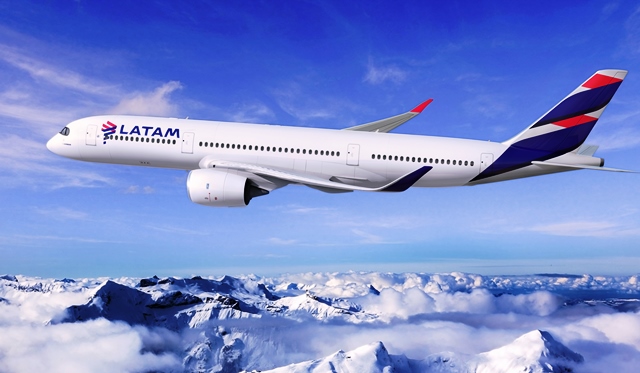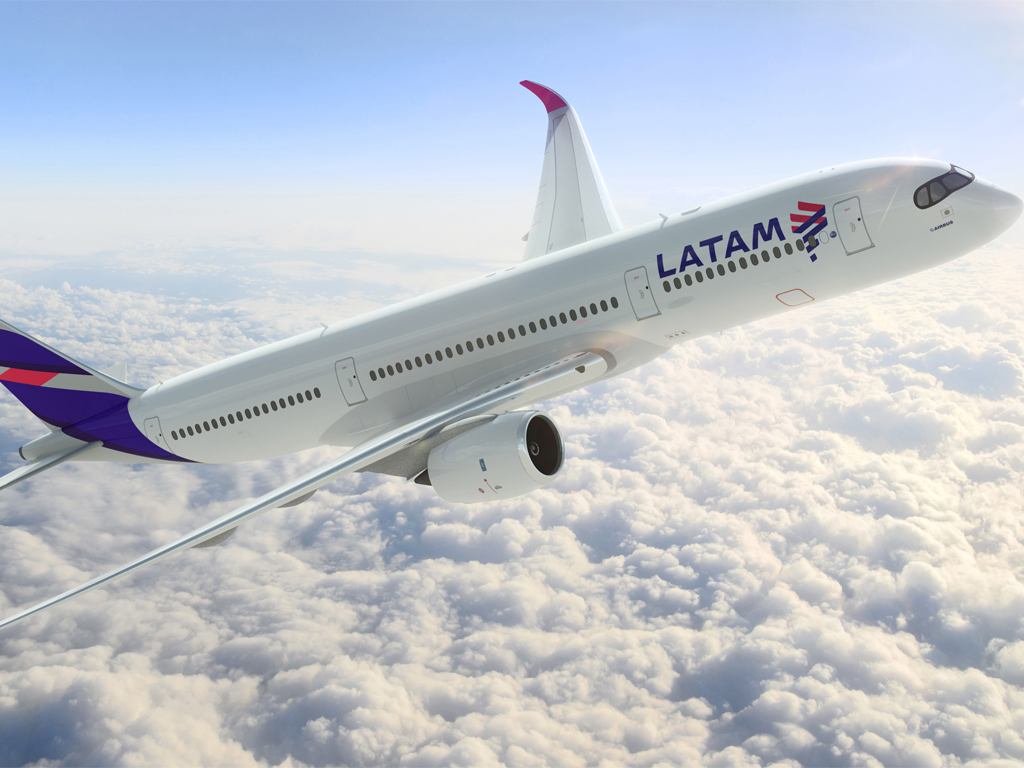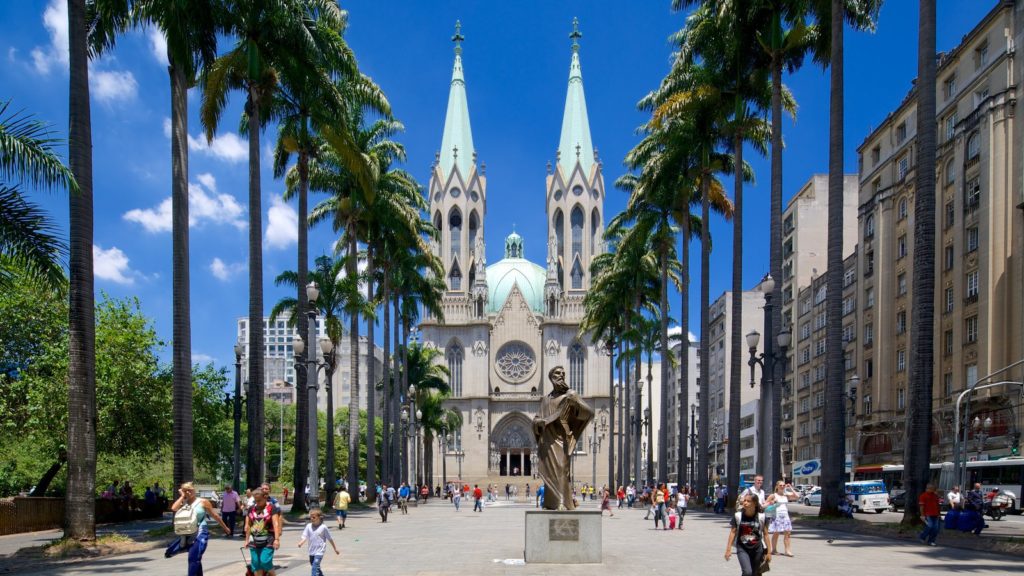Achieving carbon neutrality by 2050, zero waste to landfill by 2027 and protecting iconic ecosystems in South America, are some of the commitments that are part of the LATAM Group Sustainability Strategy, launched today.
“We are facing a critical moment in the history of humanity, with a serious climate crisis and a pandemic that has changed our society. Today, it is not enough to do the usual. As a group we have the responsibility to go further in the search for collective solutions. We want to be an actor that promotes the social, environmental and economic development of the region; therefore, we are assuming a commitment that seeks to contribute to the conservation of ecosystems and the well-being of the people of South America, making it a better place for all of them,” said Roberto Alvo, CEO of LATAM Airlines Group.
One of the most important announcements was the first stage of a collaboration with The Nature Conservancy (TNC), to plan conservation and reforestation actions in iconic ecosystems in the region. TNC is a global environmental organization that works based on science, creating solutions for the most urgent challenges of our planet, so that nature and people may prosper together.
“With more than 35 years of experience in Latin America, our scientific studies have shown that forest restoration and regeneration can efficiently contribute to the Nationally Determined Contributions’ (NDCs) goals. TNC believes that multisectorial collaboration accelerates the implementation of nature-based solutions to mitigate the impacts of climate change, protect biodiversity, and develop a more prosperous future for people in the region,” said Ian Thompson, Executive Director of The Nature Conservancy (TNC) Brazil.
A strategy for the next 30 years
The sustainability strategy for the next 30 years includes four pillars of work: environmental management, climate change, circular economy and shared value. The lines of action were designed collaboratively with experts and environmental organizations from across the region.
Regarding the climate change pillar, the group announced that it will work to reduce its emissions through the incorporation of sustainable fuels and new aviation technologies that are expected to be available beginning 2035. “The environment cannot wait 15 years to have the necessary technologies to reduce emissions. This is why we will work in parallel to promote these transformations and offset our emissions through nature-based solutions,” said Roberto Alvo, CEO of LATAM Airlines Group.
Through the development of a portfolio of conservation projects and other initiatives, LATAM Group will contribute to offset 50% of its domestic emissions by 2030, establishing a path to be carbon neutral by 2050. It will intervene in iconic ecosystems of South America, such as the Amazon, the Chaco, the Llanos of Orinoco, the Atlantic forest and El Cerrado, among others.
Additionally, LATAM Group will promote a program that will allow passengers, corporate and cargo customers the option of offsetting the CO2 emissions associated with their trips. In parallel, the group will offset the same amount of CO2 emissions as customers under the 1+1 program.
In circular economy, LATAM Group is committed to promoting a culture of elimination, reduction, reuse and recycling throughout the operation, in order to reach 2027 as a group that generates zero waste to landfill. To do this, single-use plastics will be eliminated before 2023 and the on-board recycling program will be expanded on all domestic routes of the LATAM Group, and all LATAM lounges will be made 100% sustainable. Similarly, the group will implement a uniform recycling program in all countries and a plan to replace materials on board with compostable, recyclable or certified items.
As part of the shared value pillar, the group will expand its capacity to transport cargo and people for health programs, natural disasters and environmental care. It should be remembered that since the beginning of the pandemic, thanks to the Solidarity Plane program, there has been the transportation of more than 29.4 million vaccines free of charge in its subsidiaries, more than 1,400 health professionals, over 490 tons of medical supplies and more than 1,500 organs and tissues in South America. At the same time, the program has confirmed 10 transports of stem cells for patients with blood cancer.
Lastly, in the case of environmental management, LATAM Group will implement a transparent and auditable system that will allow it to take into account environmental variables in all the group’s processes, which will have environmental certification (IEnvA) throughout its operation, a reference in the industry, and that is granted by the International Air Transport Association (IATA).





